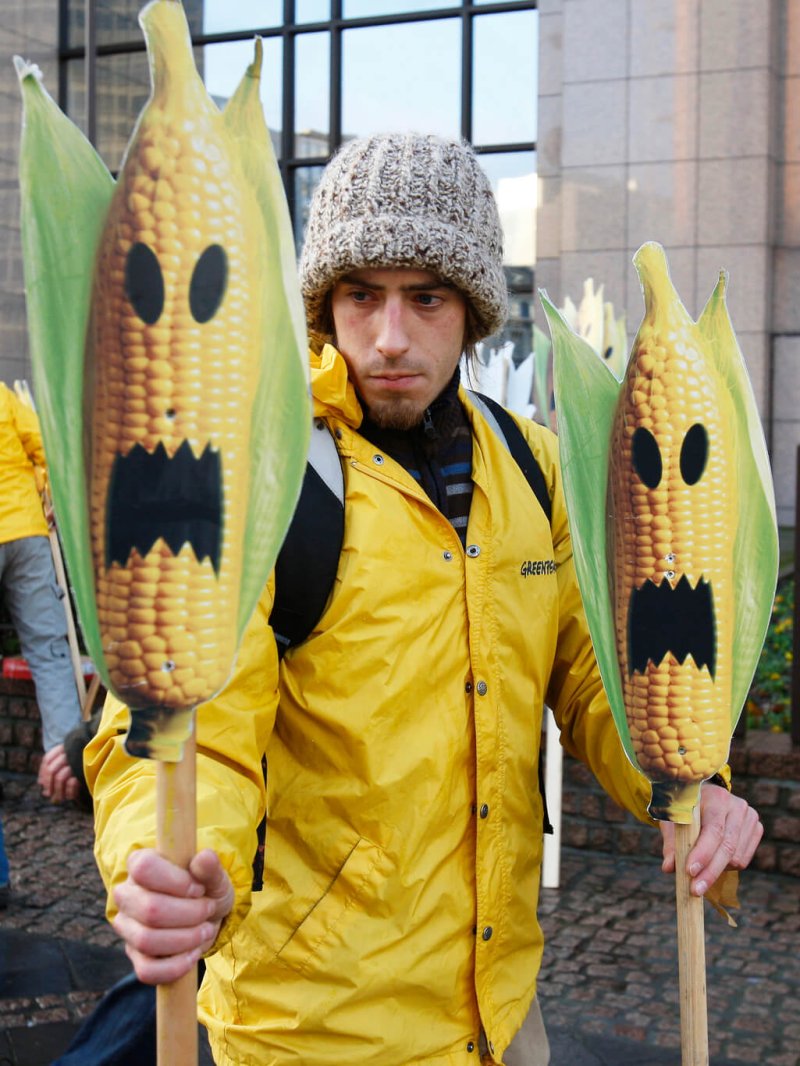Podcast: Play in new window | Download
Subscribe: RSS
Join geneticist Kevin Folta and GLP editor Cameron English on this episode of Science Facts and Fallacies as they break down these latest news stories:
Fueled largely by poor lifestyle choices, diabetes kills almost 100,000 Americans every year, and by 2030, the US may be looking at an annual death toll of 400,000. But rapid treatment advances in the next decade, and maybe sooner, could reverse this deadly trend. Using the tools of modern biotechnology, researchers are developing refined continuous glucose monitoring (CGM) devices that help type 1 and type 2 diabetics accurately track their blood sugar levels, genetically engineered insulin that responds to those levels and, perhaps most importantly, synthetic sweeteners that would replace sugar in the diets of people at risk for diabetes.
We all know the importance of self-control, a vital skill that helps us mitigate the difficult situations we inevitably face throughout life, like staying at home during a pandemic. But how did it evolve? According to new archaeological research, our ancestors may have acquired self-control as they learned to make more sophisticated tools. The advances in craftsmanship necessary to build a collection of 500,000-year-old flint axes unearthed in a gravel quarry in England suggest that early hominins acquired “a combination of cognitive abilities including inhibition and the conscious regulation of emotions” sometime between 1.8 million and 500,000 years ago.
Instead of getting an annual shot, imagine eating a tomato that would immunize you against the flu every year. Such a scenario is less science fiction than you may think. Scientists are beginning to grow biologic drugs, those derived from living organisms (like vaccines), in genetically engineered plants. This approach eliminates or minimizes a number of logistical problems that keeps prescription prices high and life-saving medicines inaccessible to millions of people around the world.
The plants we eat are under constant attack from all kinds of microbes, some of which can be deadly to humans if they make it into our food supply. Farmers prevent this by treating their fields with pesticides, but environmental activists led by Greenpeace want many of these chemicals banned. SDHI fungicides, for instances, are safe, effective tools that keep cancer-causing mycotoxins out of corn and other staple foods, yet Greenpeace continues to lobby European governments to pull these chemicals off the market. If the group gets its way, millions more people could face an early death due to acute poisoning, immune deficiency or cancer.
Subscribe to the Science Facts and Fallacies Podcast on iTunes and Spotify.
Kevin M. Folta is a professor in the Horticultural Sciences Department at the University of Florida. Follow Professor Folta on Twitter @kevinfolta
Cameron J. English is the GLP’s senior agricultural genetics and special projects editor. BIO. Follow him on Twitter @camjenglish































